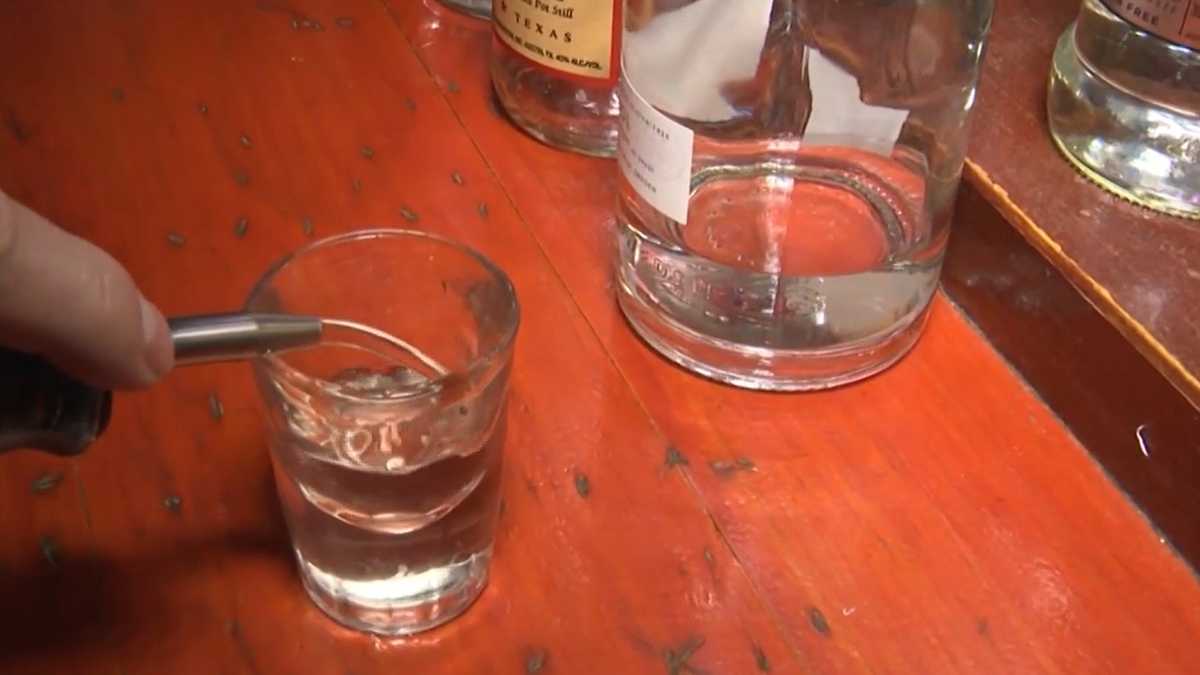South Carolina Gov. Henry McMaster has signed into law a bill that makes changes to tort reform and liquor liability for bars and restaurants. South Carolina Bar and Tavern Association Executive Director Christopher Smith said the changes are a long time coming. “We’ve been fighting for reforms for the past couple of years, and now, we’re actually seeing something happen,” Smith said. “There’s some good things in the bill. There’s some things we wish would be different and have a little more teeth and strength to the bill, but it’s a step in the right direction, and we’ll continue fighting.”Smith said businesses that serve alcohol must maintain a minimum $1 million liability insurance policy. However, there are now reductions that businesses can qualify for.For example, if a bar or restaurant stops serving alcohol at midnight, they will get a $250,000 reduction. Other deductions include using a forensic identification system between midnight and 4 a.m.Smith said the cost of an insurance policy, along with rising food costs and rent, are some of the reasons why businesses have closed their doors.Radio Room co-owner Wes Gilliam said he and his business partner pay about $50,000 per year on insurance. “My business has been around for 14 years with no claims on our insurance, and we still have to pay $1 million worth of insurance up until this now,” Gilliam said. He added that the new law’s reductions could reduce their insurance coverage by about $200,000. “I think we got a ways to go, but I’m glad to see something passed,” Gilliam said. “I mean, any relief is any relief. I mean, it’s as if we had a big bill each month. It was like, ‘Oh, that’s about our rent.'”The governor’s office said the law also creates a mandatory alcohol server training program, requiring those who serve alcohol to complete a certified course recognized by the South Carolina Department of Revenue.Smith also said the law includes changes as to who could be responsible for damages. “The drunk driver is now on the verdict form when it comes to damages,” he said. “Before, they weren’t, so now, they actually have to pay money out of their pocket.”The law also states that a business cannot be held liable for more than 50% of damages for incidents involving a DUI. Smith agreed the law is a good first step, but said the association will continue advocating for change. “We want to get rid of the bad actors,” he said. “They’re part of the problem. There’s been deaths here. There’s been serious accidents that we’ve seen, and we want people to have a good time responsibly.”Smith said he will continue to push for stronger DUI reform when the legislative session resumes in January.
South Carolina Gov. Henry McMaster has signed into law a bill that makes changes to tort reform and liquor liability for bars and restaurants.
South Carolina Bar and Tavern Association Executive Director Christopher Smith said the changes are a long time coming.
“We’ve been fighting for reforms for the past couple of years, and now, we’re actually seeing something happen,” Smith said. “There’s some good things in the bill. There’s some things we wish would be different and have a little more teeth and strength to the bill, but it’s a step in the right direction, and we’ll continue fighting.”
Smith said businesses that serve alcohol must maintain a minimum $1 million liability insurance policy. However, there are now reductions that businesses can qualify for.
For example, if a bar or restaurant stops serving alcohol at midnight, they will get a $250,000 reduction.
Other deductions include using a forensic identification system between midnight and 4 a.m.
Smith said the cost of an insurance policy, along with rising food costs and rent, are some of the reasons why businesses have closed their doors.
Radio Room co-owner Wes Gilliam said he and his business partner pay about $50,000 per year on insurance.
“My business has been around for 14 years with no claims on our insurance, and we still have to pay $1 million worth of insurance up until this now,” Gilliam said.
He added that the new law’s reductions could reduce their insurance coverage by about $200,000.
“I think we got a ways to go, but I’m glad to see something passed,” Gilliam said. “I mean, any relief is any relief. I mean, it’s as if we had a big bill each month. It was like, ‘Oh, that’s about our rent.'”
The governor’s office said the law also creates a mandatory alcohol server training program, requiring those who serve alcohol to complete a certified course recognized by the South Carolina Department of Revenue.
Smith also said the law includes changes as to who could be responsible for damages.
“The drunk driver is now on the verdict form when it comes to damages,” he said. “Before, they weren’t, so now, they actually have to pay money out of their pocket.”
The law also states that a business cannot be held liable for more than 50% of damages for incidents involving a DUI.
Smith agreed the law is a good first step, but said the association will continue advocating for change.
“We want to get rid of the bad actors,” he said. “They’re part of the problem. There’s been deaths here. There’s been serious accidents that we’ve seen, and we want people to have a good time responsibly.”
Smith said he will continue to push for stronger DUI reform when the legislative session resumes in January.
